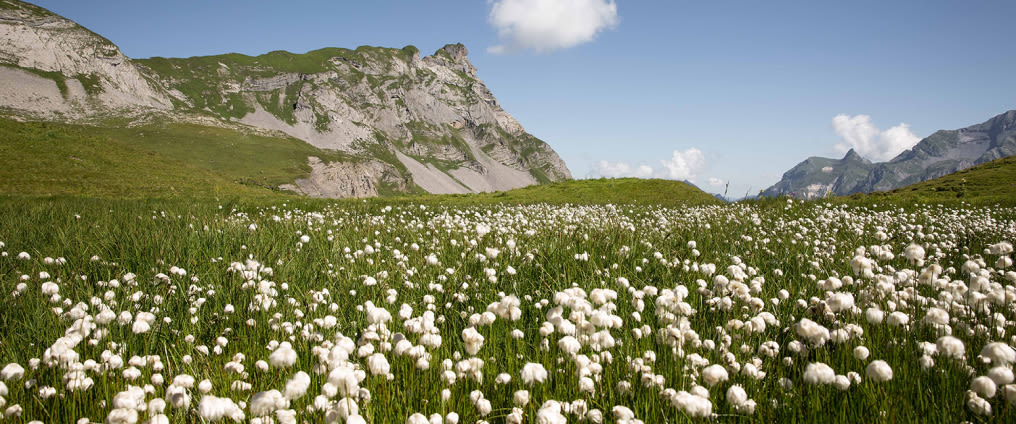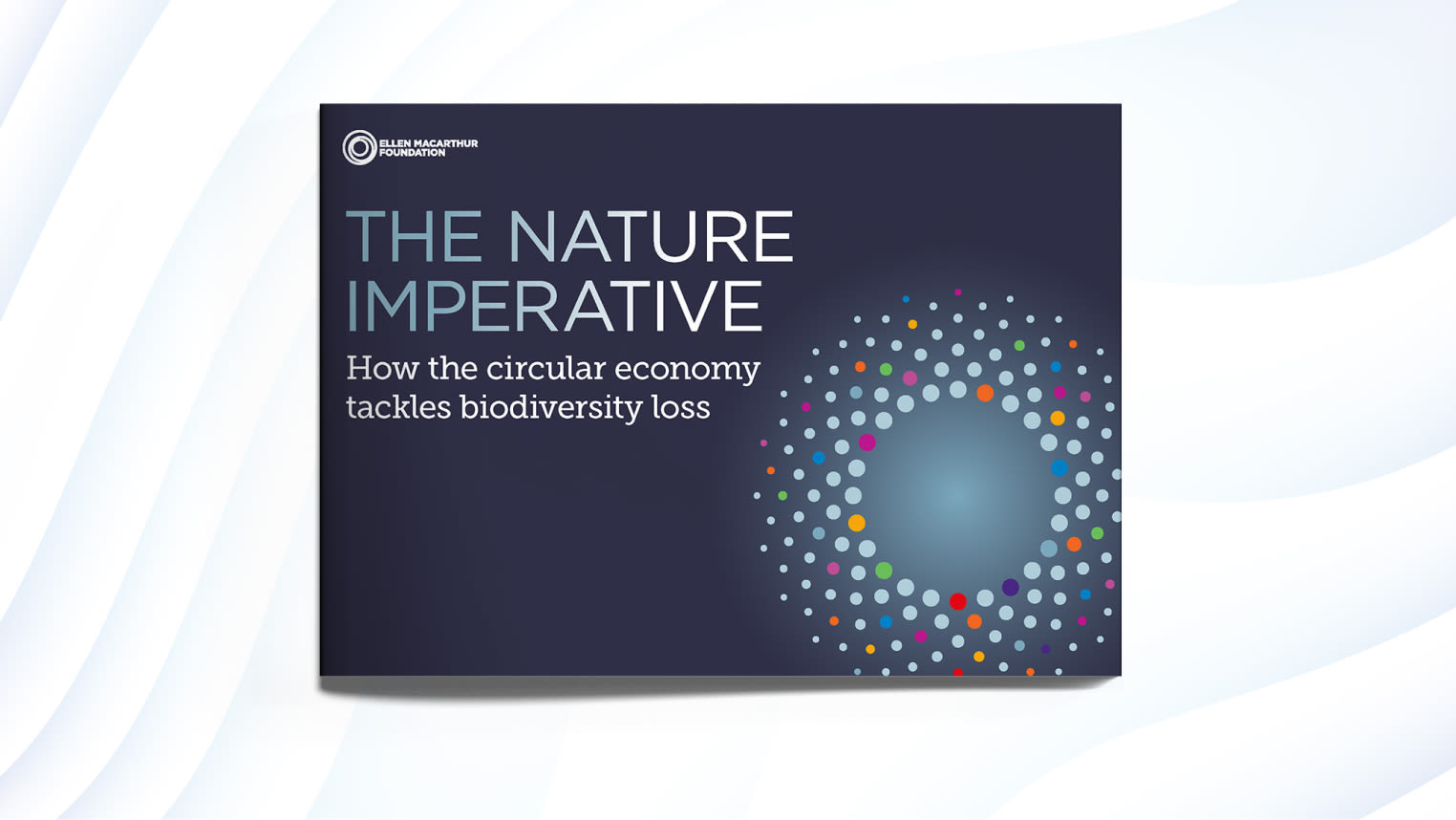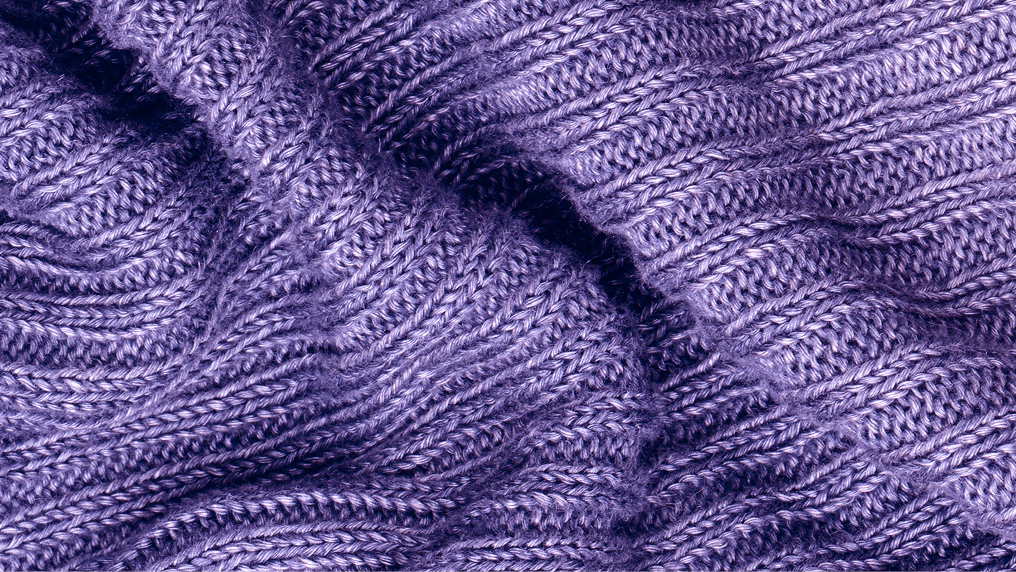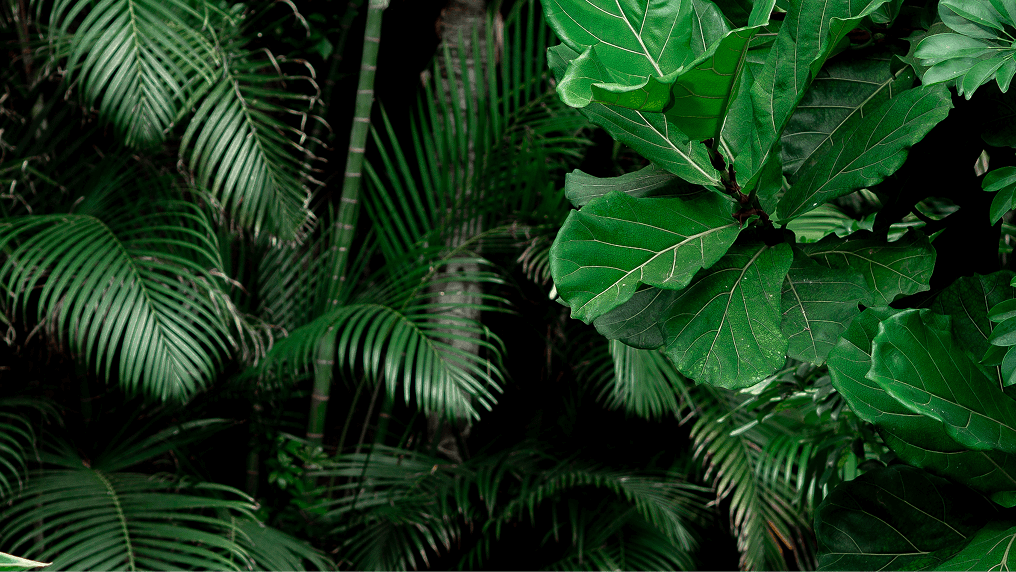In the fashion industry, regenerative production refers to an approach to managing agroecosystems that provides fibers and materials – be it through agriculture, aquaculture, or forestry – in ways that create positive outcomes for nature. These outcomes include, but are not limited to, healthy and stable soils, improved local biodiversity, improved air and water quality, and higher levels of carbon sequestration. They can be achieved through a variety of context-dependent practices and can together help regenerate degraded ecosystems and build resilience on farms and in surrounding landscapes. Farmers may draw on several different schools of thought – such as regenerative agriculture, restorative aquaculture, agroecology, organic, permaculture, agroforestry, and conservation agriculture – to help them apply the most appropriate set of practices to drive regenerative outcomes in their managed agroecosystems.
Numerous brands and organisations within the fashion industry are already favouring regenerative material production, including:
Kering has through its Biodiversity Strategy committed to converting 1 million hectares of farms and rangelands in its supply chain landscapes into regenerative agriculture by 2025. In order to achieve this, the fashion group has partnered with Conservation International to launch the Regenerative Fund for Nature, which will assist producers explore and transition to practices with regenerative outcomes.
Timberland is working with other organisations like the Savory Institute's Minnesota Hub, Other Half Processing, and Thousand Hills Lifetime Grazed regenerative ranches, to build a more responsible leather supply chain. For their recently launched collection of hiking boots, they have used regenerative leather production practices, such as encouraging animal grazing in natural patterns and planting diverse species of cover crops.
Patagonia is piloting Regenerative Organic Certified™ programs with over 800 cotton farmers in India. Their aim is to rehabilitate soil, respect animal welfare, and improve the lives of farmers.
VF Corp-owned brands Icebreaker and Smartwool, together with Allbirds, have announced a partnership with The New Zealand Merino Company to create ZQRX. The ZQRX index will be applied to 167 sheep farmers in New Zealand, who collectively farm 2.4 million acres of land, with the goal of sequestering carbon and improving the natural landscapes they operate in.
Eileen Fisher has introduced Regenerative Wool, a fibre it claims helps restore grasslands in Patagonia and fight climate change. The company works with local farmers to implement holistic management for sheep, whose grazing helps to aerate the soil and add nutrients back into it.
Under its Natural Climate Solutions Portfolio, Gucci is promoting regenerative agriculture by identifying projects in its supply chain with the aim to source regenerative raw materials for its products, as well as supporting farmers' transition to regenerative agriculture through carbon farming. As an example, Gucci has partnered with Native to help scale its regenerative wool and leather project to 32,000 hectares of land managed with regenerative practices with the goal of sequestering over 200,000 tons of CO2 (~181,000 tonnes) while promoting soil health, water quality, increased biodiversity, animal welfare and carbon sequestration.
Stella McCartney, who works primarily with organic cotton, recognises that there can be a net negative environmental impact even when fibres are grown organically. The brand is working with scientists and their cotton suppliers in Turkey to test a suite of regenerative farming practices that rebuild soil health, increase soil organic carbon, improve water-holding capacity, enhance biodiversity, and increase productivity and yields.
Organic Basics, together with WWF, are supporting farmers in Turkey to transition 62,500m² of conventional cotton field into regenerative cotton field, promoting planting cover crops, no deep tilling, and developing compost systems, among other practices.
In Brazil, a partnership between FarFarm and reNature is regeneratively producing food and fibres, including materials like cotton and jute, for the footwear brand Veja. By implementing agroforestry in a potential area of up to 635 hectares, their model aims to reverse the deforestation of the Amazon, absorb 1,440 tons of CO2 (~1,306 tonnes) per hectare per year, and improve the livelihoods of 1,600 community members.
This page is part of a deep dive into biodiversity and fashion, where we delve deeper into safeguarding biodiversity by circulating clothes, eliminating pollution, and regeneratively growing natural fibres.






